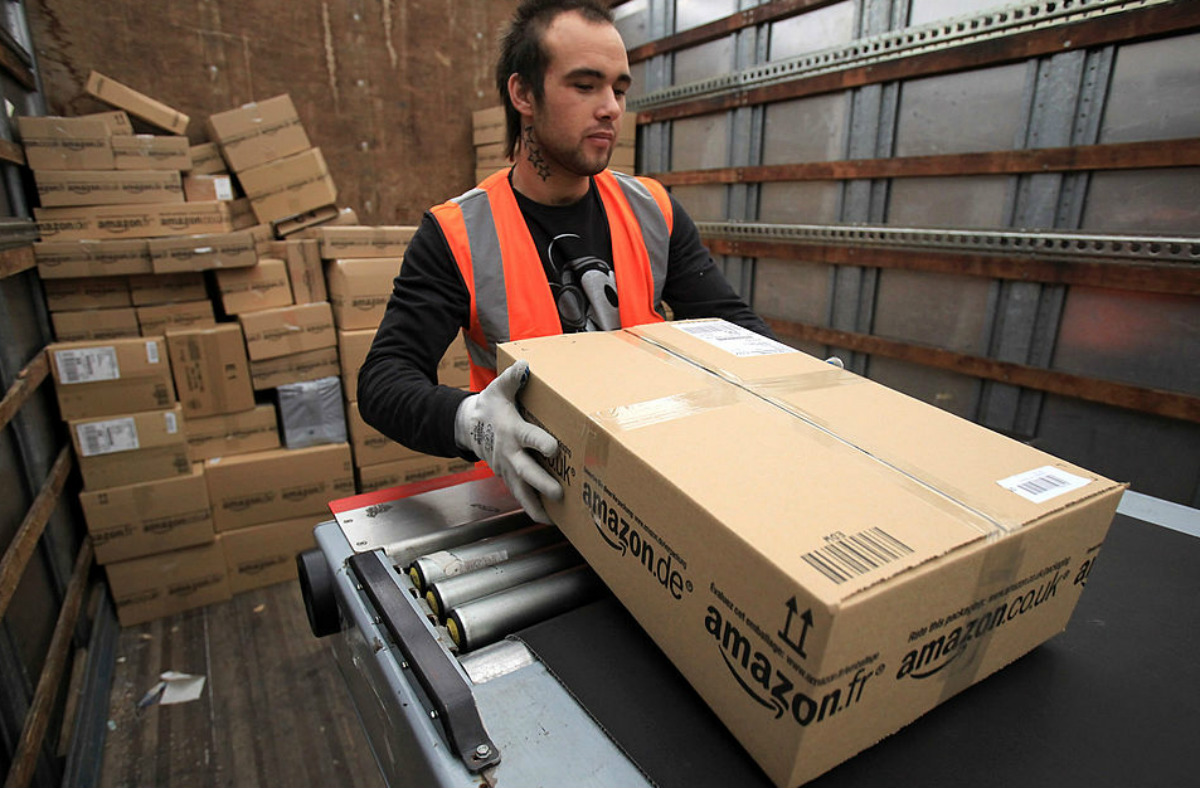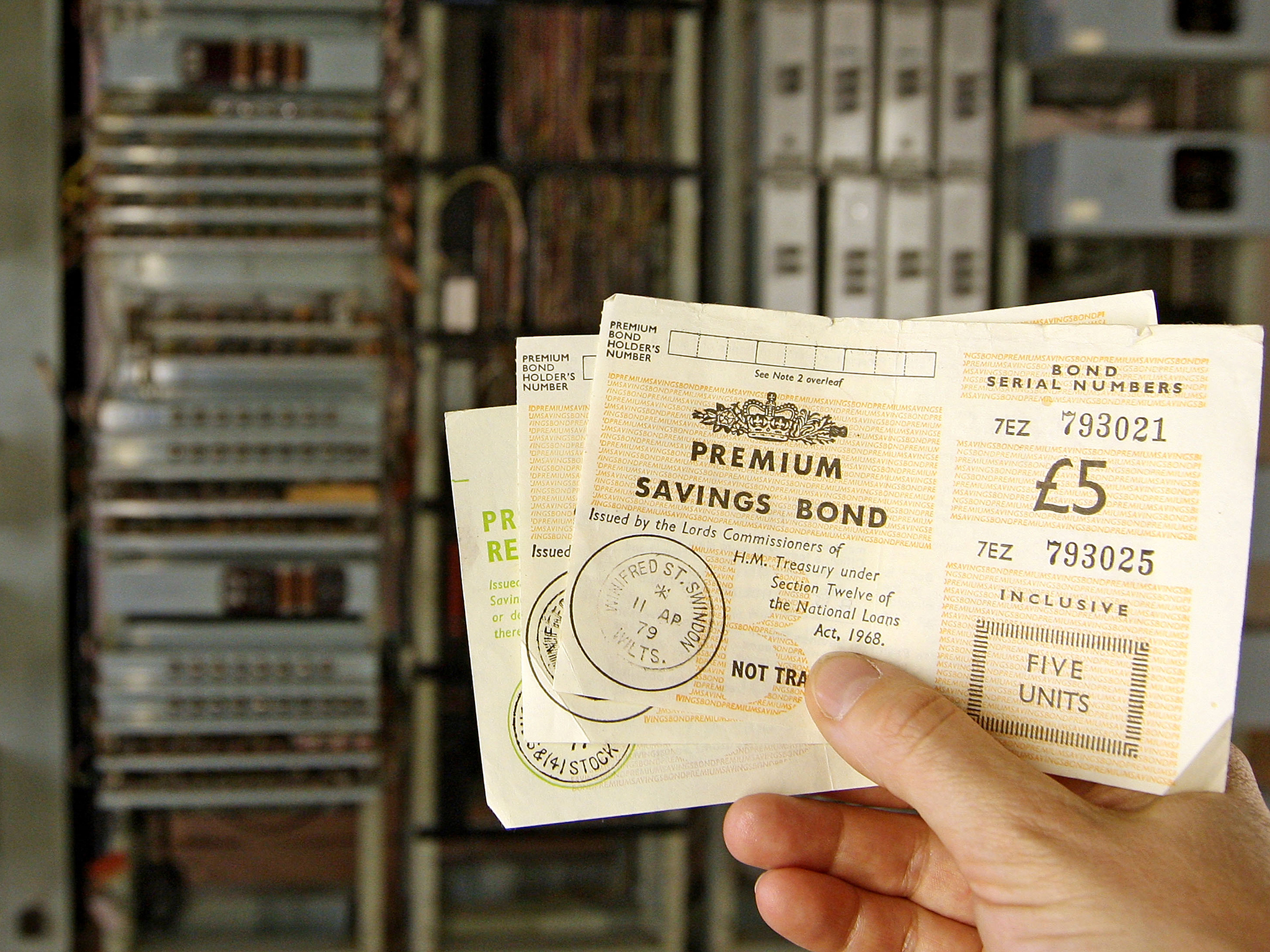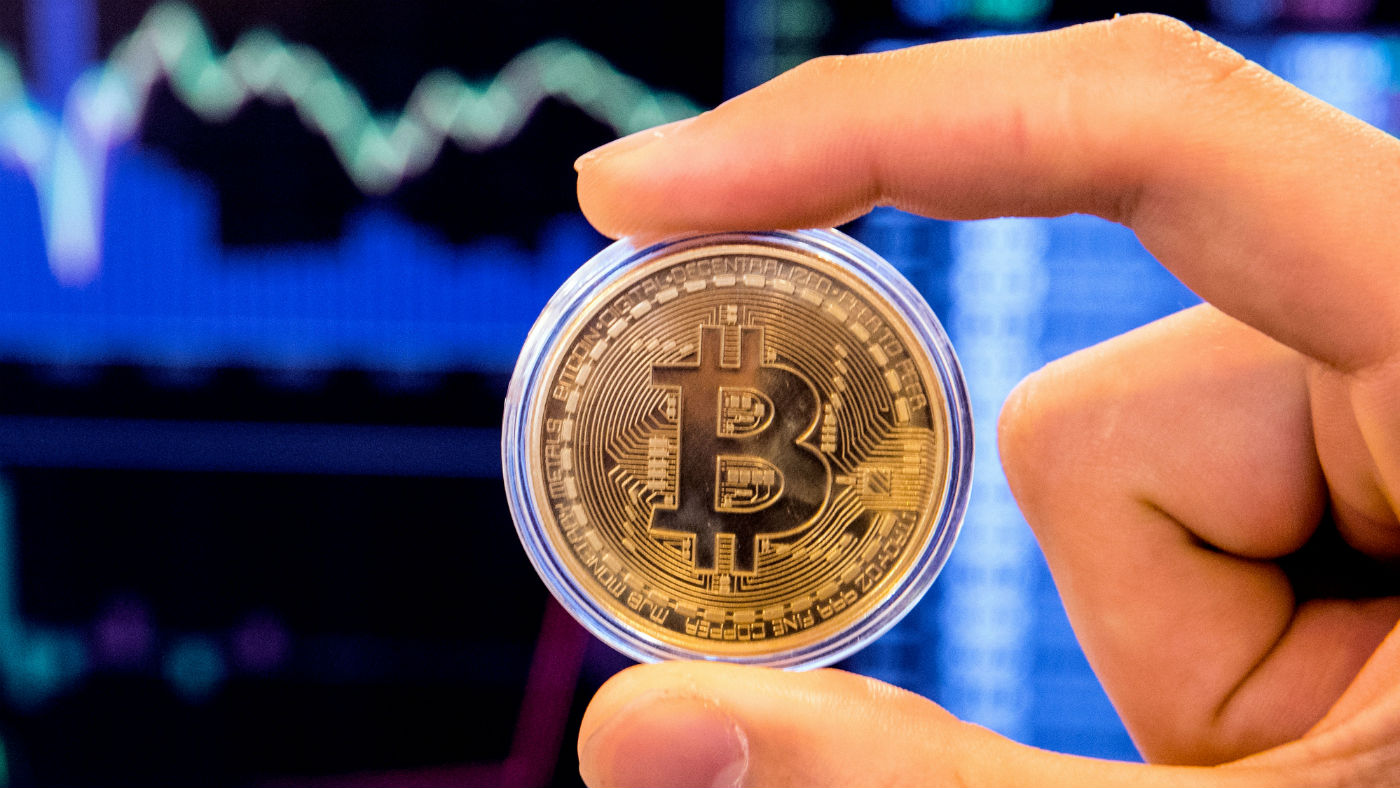Britons spend more online than anyone else in world
UK households spend £4,600 on the internet, with the biggest share going on entertainment

A free daily email with the biggest news stories of the day – and the best features from TheWeek.com
You are now subscribed
Your newsletter sign-up was successful
British shoppers spend more online than anyone else in the world, new data from the UK Cards Association reveals.
"UK households spent the equivalent of $5,900 (£4,611) using payment cards online in 2015, the UK Cards Association said. This was higher than Norway ($5,400), the US ($4,500) and Australia ($4,000)," says the BBC.
Overall card spending online in the UK reached £154bn in 2015, averaging £422m a day - an increase of 28 per cent since 2014, according to Sky News.
The Week
Escape your echo chamber. Get the facts behind the news, plus analysis from multiple perspectives.

Sign up for The Week's Free Newsletters
From our morning news briefing to a weekly Good News Newsletter, get the best of The Week delivered directly to your inbox.
From our morning news briefing to a weekly Good News Newsletter, get the best of The Week delivered directly to your inbox.
"Entertainment, like cinema and concert tickets, takeaway orders and music downloads" took the lion's share of spending, adds the BBC, accounting for around one in four purchases.
The broadcaster adds: "The popularity of renewing contracts such as insurance cover online, and payments into bank accounts over the internet also meant financial services registered considerable activity online."
Overall more than a quarter of all card spending was online last year, the figures show.
The internet shopping revolution has benefitted the likes of Amazon, which has built a big global brand through its pioneering moves into a wide range of sectors, and is helping larger retailers such as supermarkets retain customers.
A free daily email with the biggest news stories of the day – and the best features from TheWeek.com
Smaller firms are also using the internet to reach new customers, but those heavily based on a physical store presence are struggling and the high street is in general in decline.
Consumer analysts Savvy Marketing told the BBC there are particular pressures for clothing retailers, who have to contend with the costs of a high number of returns from online shoppers.
It "found that among 1,000 online shoppers questioned, women's clothing had been returned by 63% of them".
-
 How to Get to Heaven from Belfast: a ‘highly entertaining ride’
How to Get to Heaven from Belfast: a ‘highly entertaining ride’The Week Recommends Mystery-comedy from the creator of Derry Girls should be ‘your new binge-watch’
-
 The 8 best TV shows of the 1960s
The 8 best TV shows of the 1960sThe standout shows of this decade take viewers from outer space to the Wild West
-
 Microdramas are booming
Microdramas are boomingUnder the radar Scroll to watch a whole movie
-
 What are the Magnificent Seven stocks and why do they matter?
What are the Magnificent Seven stocks and why do they matter?The Explainer It might seem like a no-brainer to dump your money into these Magnificent Seven stocks — but not so fast
-
 How to avoid overspending on Prime Day
How to avoid overspending on Prime Dayfeature Amazon's big two-day sale event is a good chance to snag a deal, but don't let yourself go overboard
-
 Brits keeping 21 million ‘money secrets’ from friends and family, survey reveals
Brits keeping 21 million ‘money secrets’ from friends and family, survey revealsSpeed Read Four in ten people admit staying quiet or telling fibs about debts or savings
-
 London renters swap cramped flats for space in suburbia
London renters swap cramped flats for space in suburbiaSpeed Read New figures show tenants are leaving Britain's cities and looking to upsize
-
 Should the mortgage holiday scheme have been extended?
Should the mortgage holiday scheme have been extended?Speed Read Banks warn that some homeowners may struggle to repay additional debt
-
 RBS offers coronavirus mortgage holidays
RBS offers coronavirus mortgage holidaysSpeed Read Taxpayer-owned bank follows measures taken in virus-struck Italy
-
 What are the changes to National Savings payouts?
What are the changes to National Savings payouts?Speed Read National Savings & Investments cuts dividends and prizes for bonds
-
 China clears path to new digital currency
China clears path to new digital currencySpeed Read Unlike other cryptocurrencies, Beijing’s would increase central control of the financial system